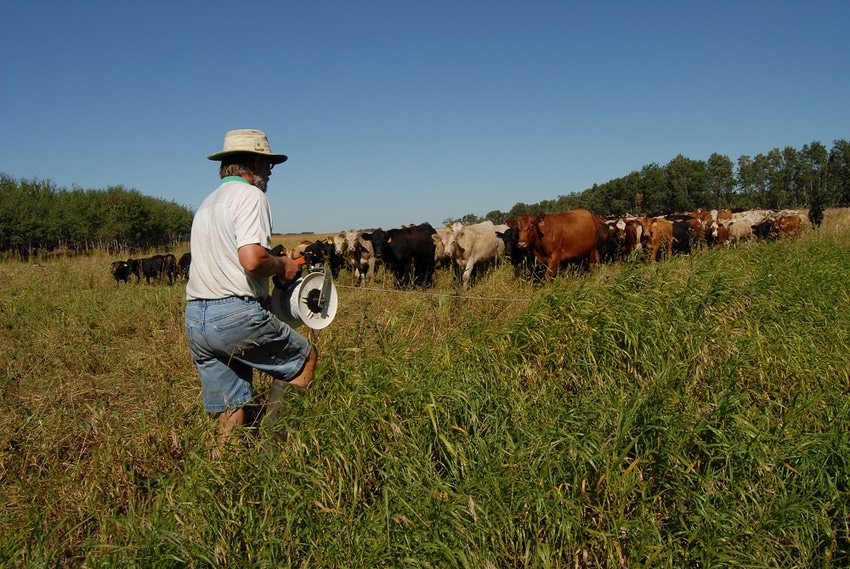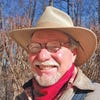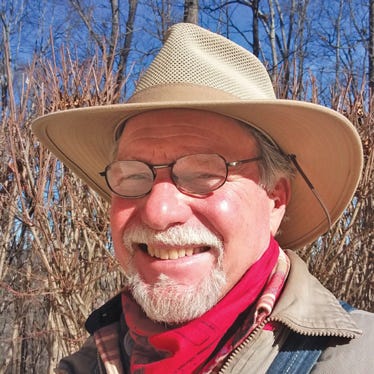
I am in the midst of losing a significant acreage that I have leased and managed and built up for more than 15 years.
I have owned cattle that spent thousands of hours of building soil, while correcting the water and mineral and energy cycles. I have seen the biological systems come around. We have seen plant species diversity appear and cattle have responded with increased health and weight gains. The stocking rate has tripled. Wow, now it is gone. The landowner’s grandson and his buddy are taking over and I am out.
Real things are not real simple. Truth is that the complexity of soil, plant and animal life is way too much for any of us to fully understand. If we can get a grasp of the natural model principles and their simple application while learning our local ecosystem we can realize high degrees of success. If we can pass our learning on to others it would be very worthwhile. All of this might likely be easier said than done.
Progress has been defined as the act of getting nearer to where we want to be. Most of us have goals and their achievement requires forward progress. The problem is that we take a wrong turn and take the wrong road and are headed in the wrong direction which just happens to be away from our goal. Following the line straightest back to where we made the wrong turn is the fastest and cheapest and best decision we can make.
The man or woman who makes the about-face turn and moves back to the right road the quickest is the person that makes the most progress. Remember there is nothing progressive about being pigheaded and refusing to admit a mistake. The word repent does not simply mean to acknowledge but means to turn away from the error and move in the right direction.
The evidence of the close attachments and association of soil, plant, animal and human health is now beyond reasonable question. Many and possibly most of the agriculture roads that have led to the severing of these close attachments have been identified. The majority of agriculturalists have stayed on a road, but it is a dead end. We have cause to be uneasy.
The natural model is not soft and understanding. The natural model can be harsh and hard as nails. It can heal our mistakes, but at some point in time we are required to move to the Maker’s principles and rules. When most of our neighbors and industry lack interest we have reason to be uneasy.
Wishful thinking very often leads to despair. Agriculture has been frequently visited by both. Looking for comfort has and will not come by searching for it. Finding truth and executing it will result in comfort for those who apply both disciplines on a daily basis.
Remember, this whole life is a journey and is supposed to and can be a lot of fun.
About the Author(s)
You May Also Like






